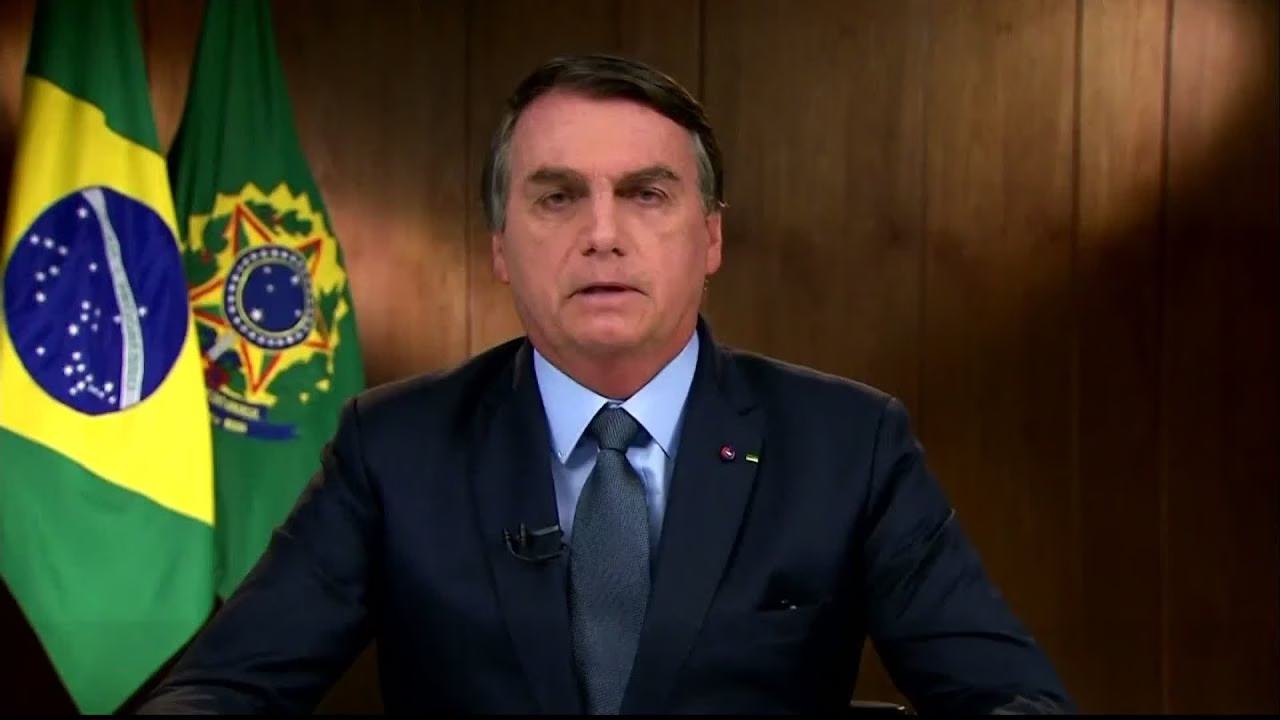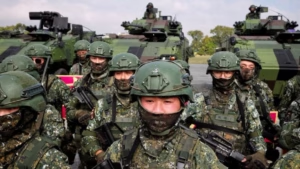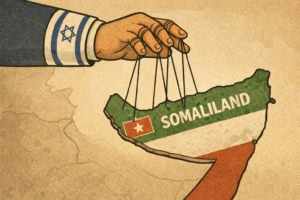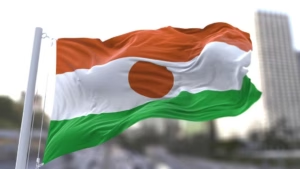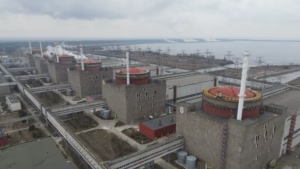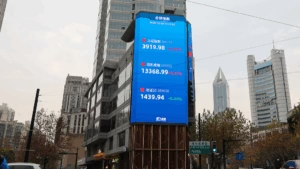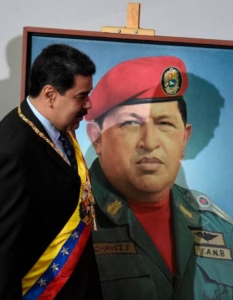Brazil’s highest court has handed down a landmark ruling against former President Jair Bolsonaro, finding him guilty of attempting to overturn the 2022 election. The decision places the controversial politician at the centre of one of the most serious criminal convictions ever faced by a former head of state in the country’s democratic era.
Four of the five justices sitting on the Supreme Court panel voted to convict Bolsonaro on all five charges, issuing a sentence of 27 years and three months in prison. The judgment leaves little ambiguity about the gravity of the accusations, which ranged from planning a coup d’état and participating in an armed criminal organisation, to attempting to abolish Brazil’s democratic order by force, damaging protected public property, and carrying out violent acts against state institutions.
Justice Alexandre de Moraes, who read the verdict, did not mince his words:
Bolsonaro sought to “annihilate the essential pillars of the democratic rule-of-law state” and restore “dictatorship in Brazil.”
The court’s ruling reflects a broader effort to draw a legal line against the undermining of democratic institutions.
Prosecutors argued that the conspiracy did not emerge overnight but had been set in motion well before Bolsonaro’s electoral defeat. They traced its beginnings back to 2021, alleging that Bolsonaro and his allies deliberately sought to weaken public faith in Brazil’s electronic voting system.
After losing the 2022 election, the prosecution said, Bolsonaro’s supporters were encouraged to gather in Brasilia. That mobilisation culminated on 8 January 2023, when crowds stormed and vandalised the buildings housing Brazil’s three branches of government. The day’s destruction has since been compared by observers to other attempted assaults on democratic institutions worldwide.
Bolsonaro and his co-defendants have denied all allegations. His legal team insists the conviction represents a political attack, and lawyers are expected to file appeals. For many in Brazil, the outcome of any appeal will serve as a crucial test of the strength and impartiality of the country’s judicial system.
International Ramifications
The case has not remained confined to Brazil. Across the Atlantic, it has sharpened political friction with the United States. Former United States President Donald Trump has openly sided with Bolsonaro, calling the trial a
“witch hunt.”
Following the verdict, Trump imposed sweeping tariffs of 50 per cent on Brazilian imports and announced sanctions targeting Justice Alexandre de Moraes, accusing him of
“serious human rights violations.”
Visa restrictions were also introduced against de Moraes and several other court officials.
The measures prompted a strong response from Brazil’s current leader, President Luiz Inácio Lula da Silva. He accused Washington of meddling in Brazil’s internal affairs and declared:
the United States had “helped stage a coup” and vowed that Brazil “will not forget it.”
For Lula, Trump’s actions not only undermine the sovereignty of Brazil’s judiciary but also risk fuelling the very instability that the court sought to address with its ruling.
The conviction marks a defining moment in Brazil’s democratic journey. Supporters of the judgment see it as a necessary safeguard against threats to the constitutional order, while critics warn that the ruling could deepen political divisions in an already polarised country.

